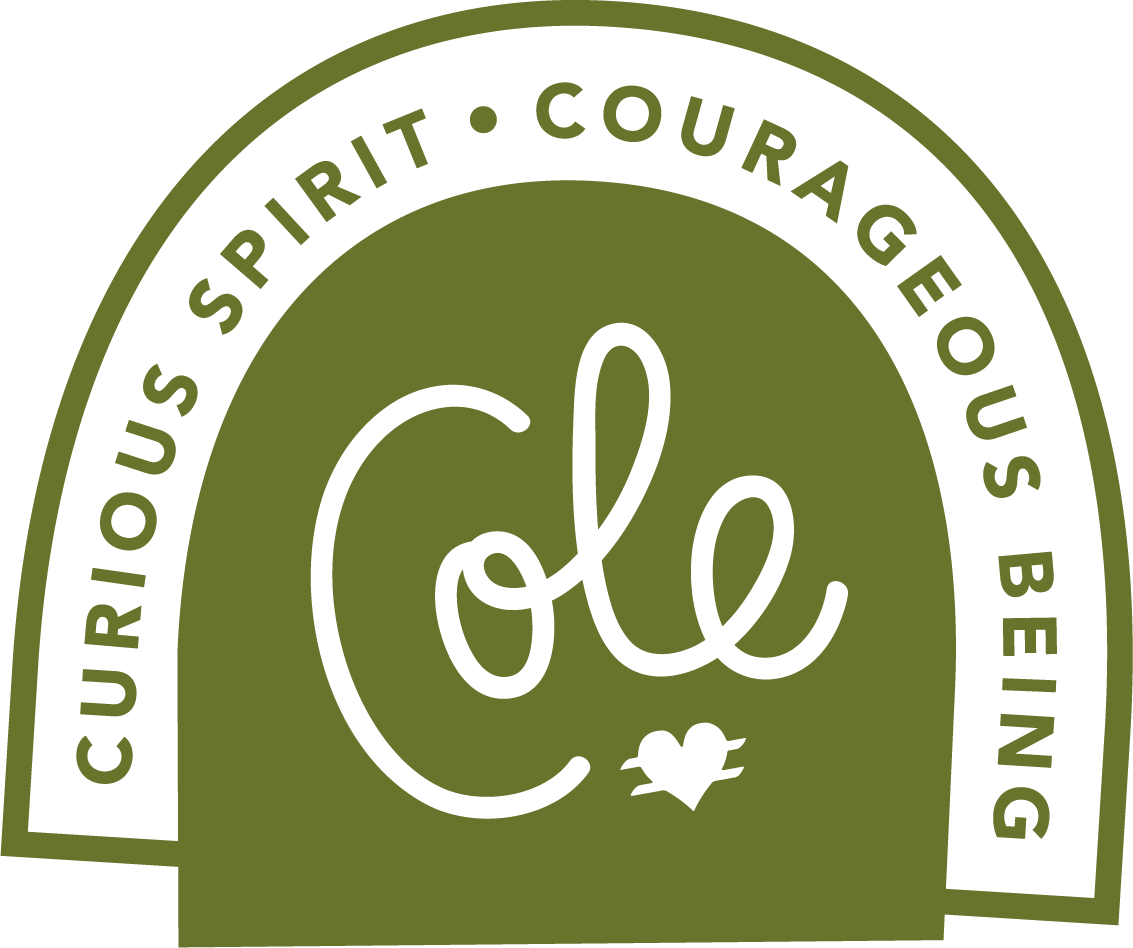I was a Victim of a Crime
As someone that was the victim of crime, I experienced Shadowloss. The crimes themselves were the easy part, it turns out. It was the grief from the Shadowlosses sparked by the crimes that did the most damage.
Some of the Shadowlosses I grieved include the loss of a sense of safety I’m going to live with the rest of my life. The rejection by my family in the year between the crimes and the trial, and the unerasable knowledge of what exactly, that feels like. It was the restaurant owner friend that asked me to leave her restaurant so my assaulter could stay. I was a regular but he had never been in before. She knew I wouldn’t cause a scene, but he would. It was the coworker who refused to defriend my assaulter on Facebook, which would have helped keep me safe. Those working my case had discovered that my assaulter was able to see my calendar through her connection to me. She declined, because she didn’t want my assaulter to notice. They weren’t friends, and had never hung out. A few years later, during the wake of the #MeToo movement, one of these women did an interview on local television in front of my actual house, the place where the initial crime happened. She knew this. She told the reporter, on live TV, about all the work she was doing in the local community to support women. You could see my front door in the background of the shot, and what you couldn’t see was me huddled behind the door, in shock, listening to the interview. The other one posted onto social media a declaration about how she had always stood up for women and always believed them. I experienced more grief from these Shadowlosses than I ever did from the initial crimes, or even from some of the deaths of my loved ones.
Sometimes, the death is the part that is easiest. It’s a simple, sad, fact. The adult brain understands death because we all know everyone dies, we just don’t know when or how. What the brain doesn’t understand so easily, and sometimes never will, are the Shadowlosses. The losses IN life, not OF life. Because we have no social container to hold the grief and the trauma of these types of loss, it has nowhere to be seen, or held. At least for body deaths we have a funeral, a place where everyone shows up in agreement about how terrible it all is, and how we are here for each other. At a funeral, we become part of a temporary nation of people, founded on the same sad history. Death is what causes the ache in the heart but Shadowloss is what causes tears in the soul. Shadowloss can be the people that betray you, or don’t show up. The people that do show up when they shouldn’t. The people that don’t keep you safe. The systems that set you up to fail. The loss of safety, of family—that breaks the soul. Death comes for us all, but not all of us are visited by Shadowloss.
There were several years of my life spent in a very difficult place after the assault. I had been debilitated by my PTSD, which I was diagnosed with in the year between the crimes and the trial. I had never been on so much medication to just exist in my life. I was alive, but I wasn’t living.
The Shadowlosses from that time are now what ultimately provide me with the doorway to reach and connect others. While this column is young, I have been surprised by the response, and wanted to write a little about this part of my personal story this week, because I want to hold it for awhile, in the presence of others, kind of like show and tell, but with what we’ve grieved the most. I haven’t talked much about this trauma because some wise therapists told me I needed to wait at least half a decade before doing so. I have waited almost 10. I am sometimes asked by people that know this part of my story if I had a chance to go back in time and choose to not have this happen…would I? I couldn’t. I like who I am today, and part of who I am today is because of what happened to me. That, and I’ve gotten used to the shrapnel.
This is something a lot of survivors will say, usually years later. It takes a long time to discover all the things that have been lost, all the parts of your life that have died, and even longer to find a path to acceptance.
My research and development of the word Shadowloss itself, and Shadowloss Theory, directly resulted from this. A great joy in life these last few years is seeing how my work has impacted others positively. While my sense of family and the way I trust the world has forever been changed, I continue to discover new shafts of light breaking up the dark, and I’ll keep stepping into that light.
Now that many years have passed, my capacity for joy has grown immensely. I didn’t really understand joy before. Now, I find it in the tiniest of things. Joy leaks out of my soul, expanding, like a mouth too full of jello. I had never felt such a capacity for joy before the assault and all that I lived through. Joy is the gift you find under the tree after a very long year.
After the trauma, I was choosing madness. It’s all I knew. I didn’t realize until I chose the grief instead, that I had started down the path towards my peace.







